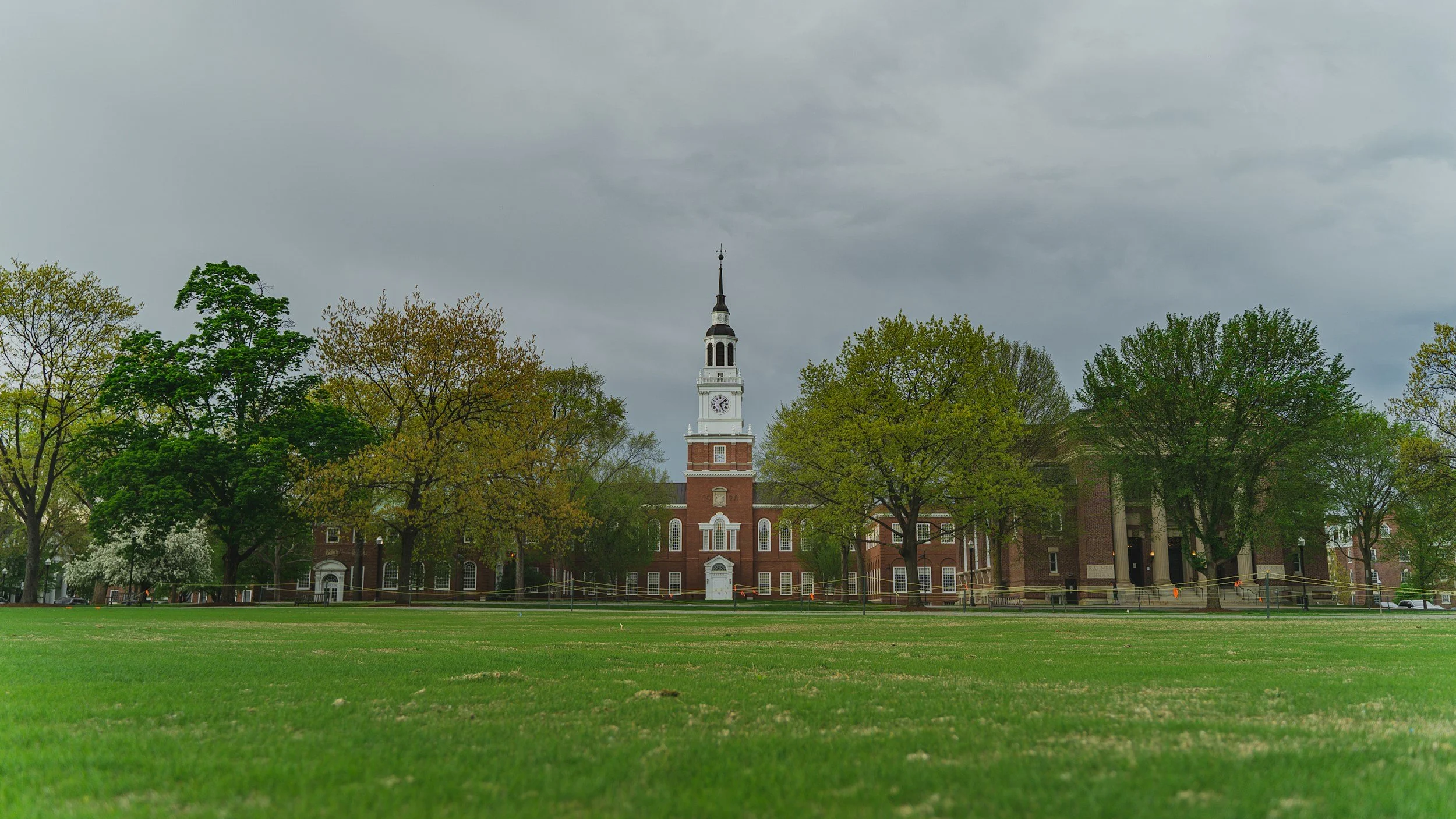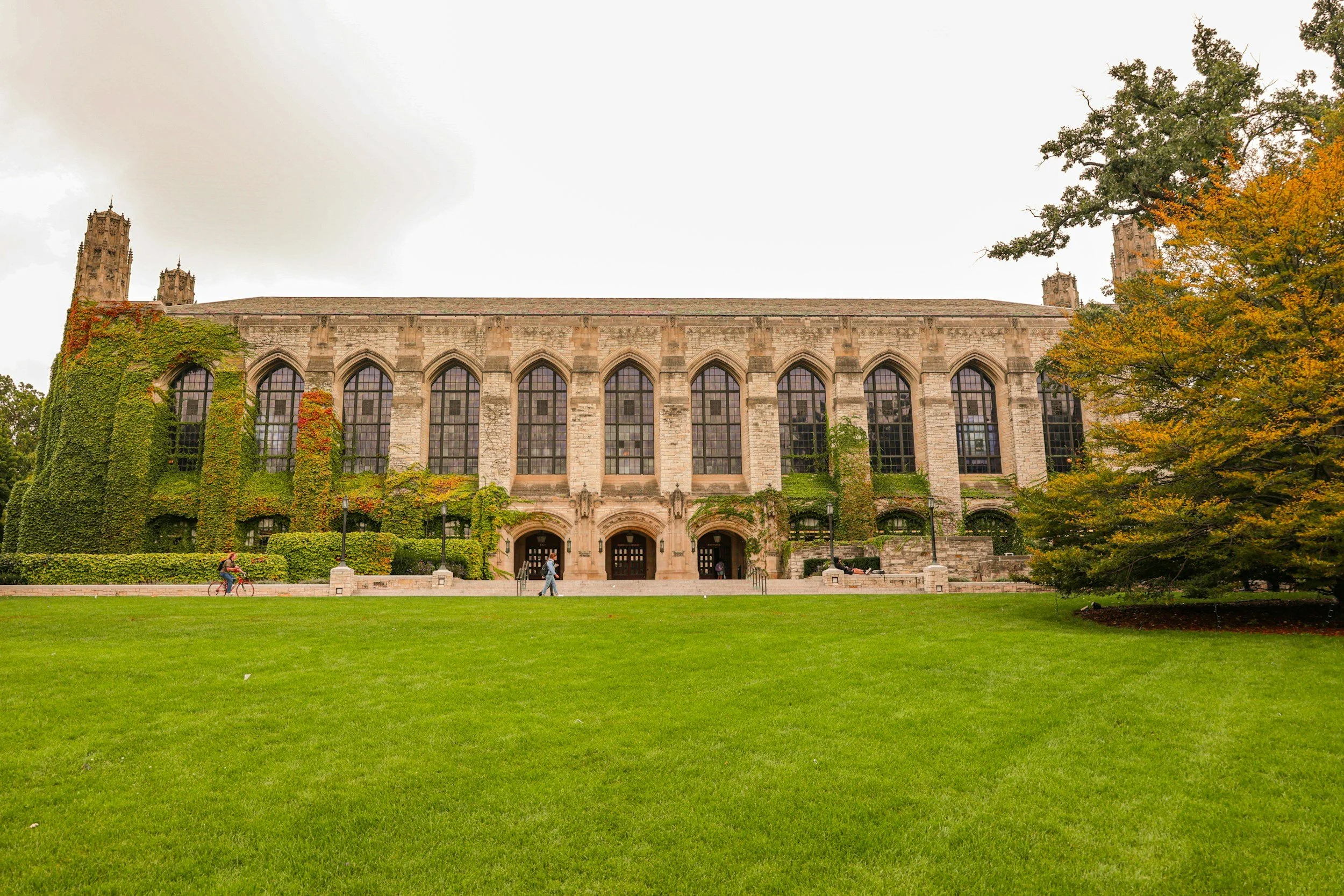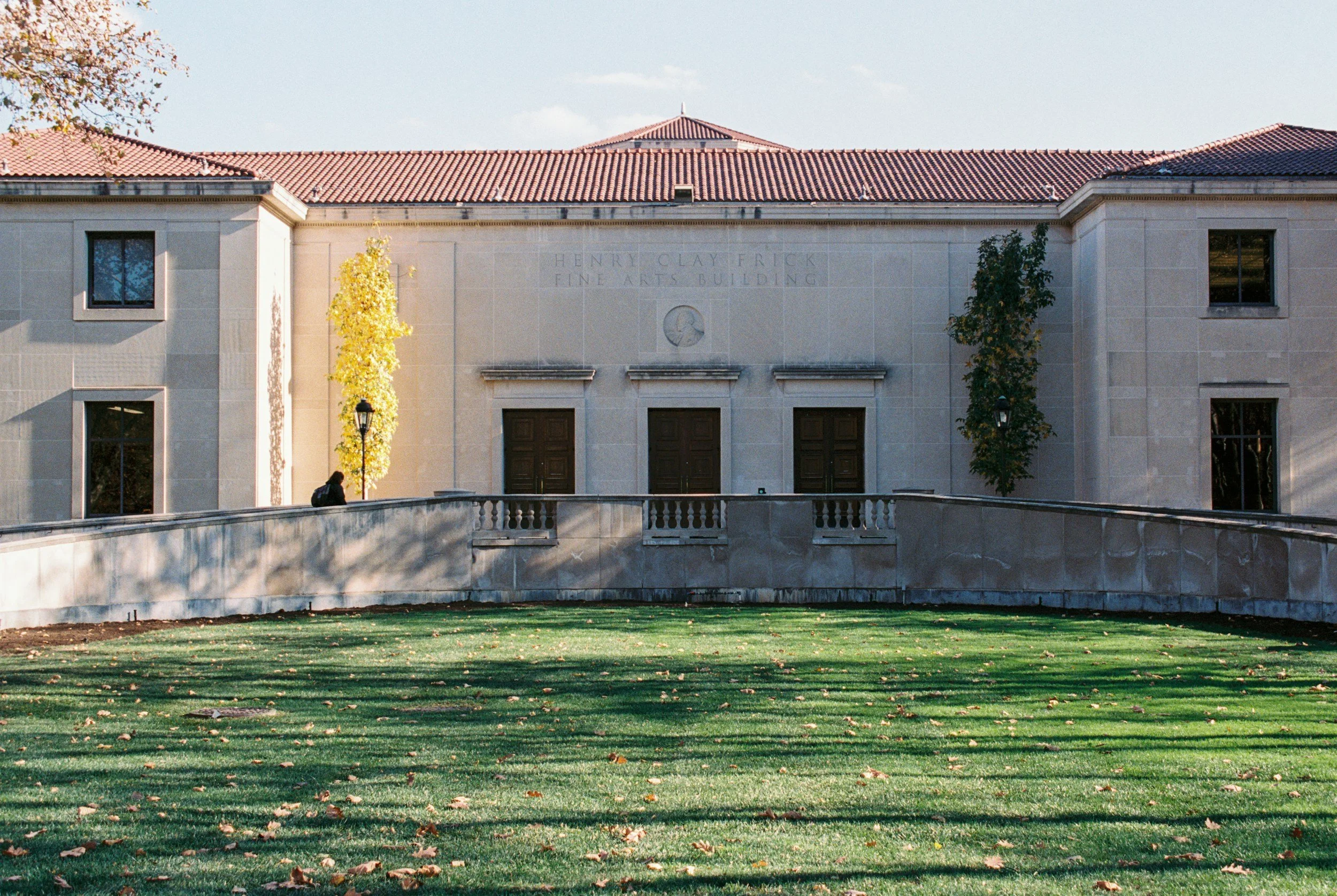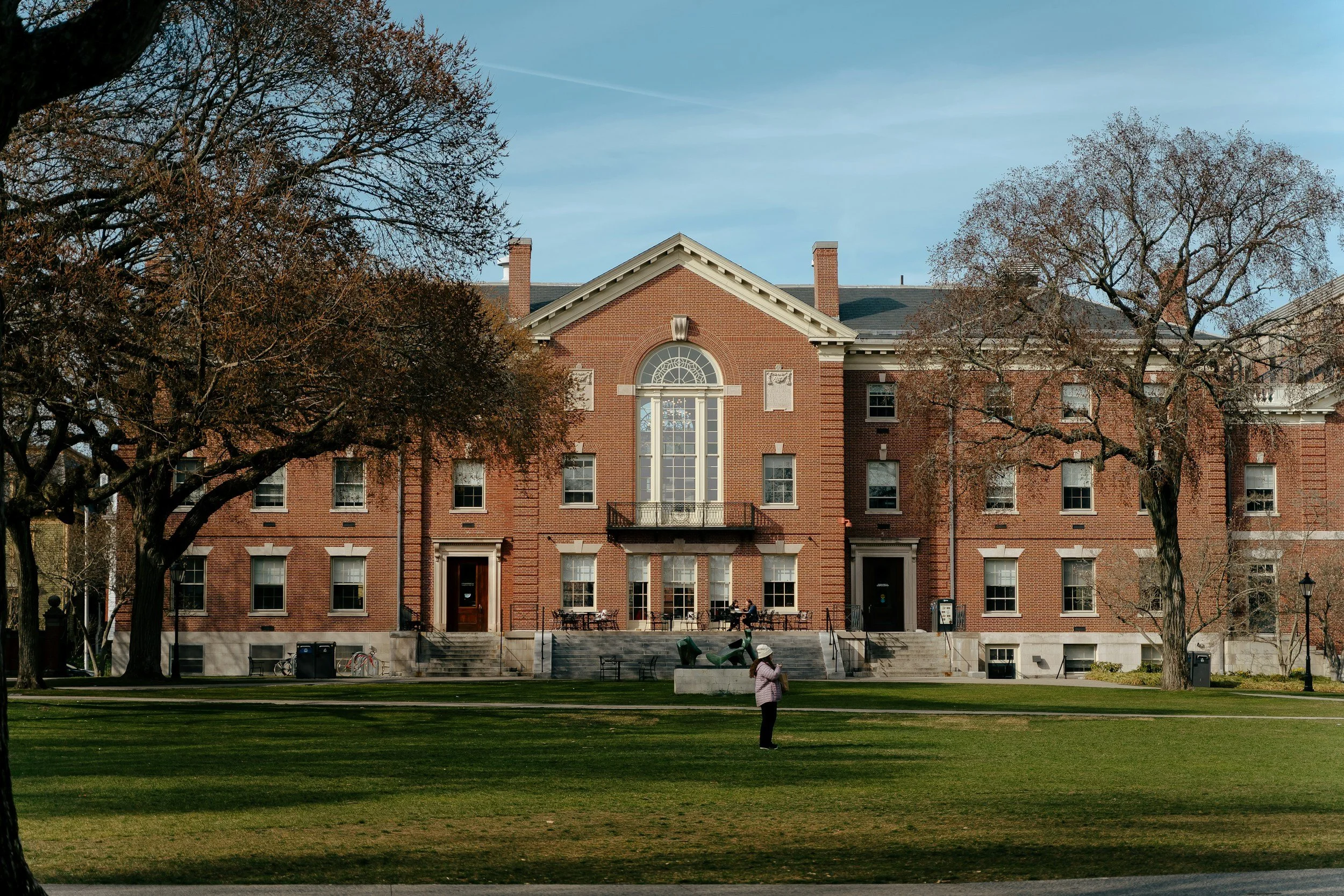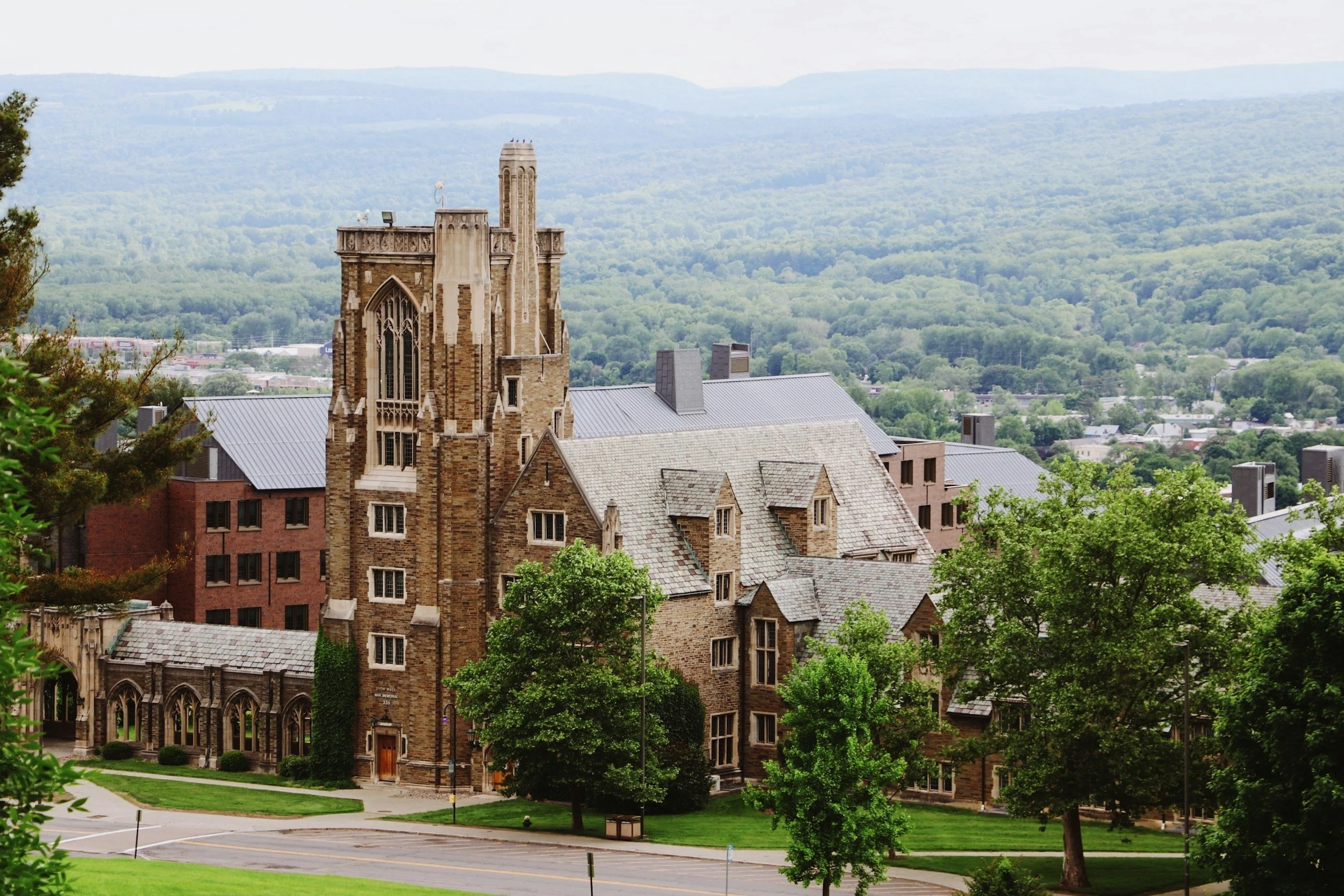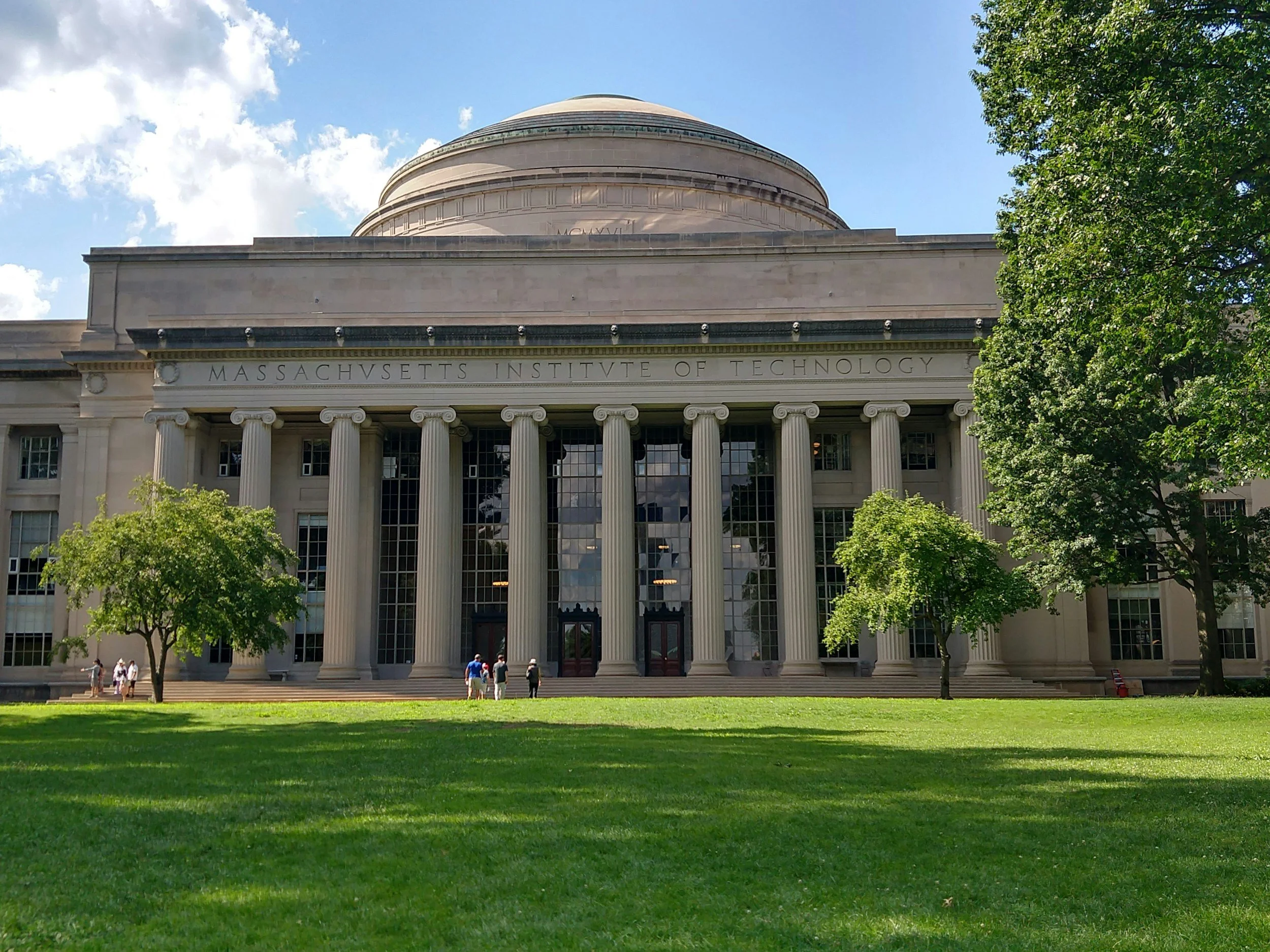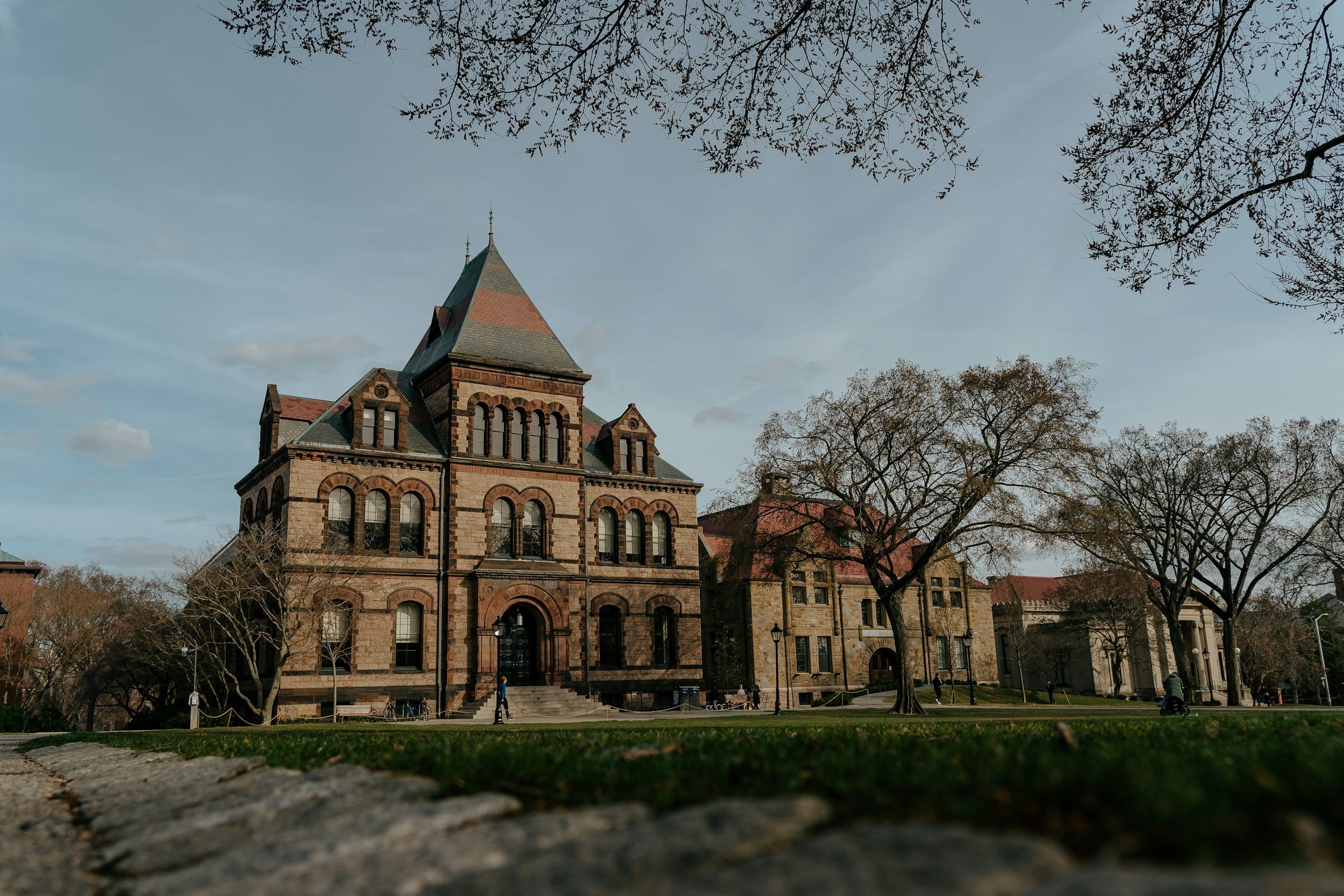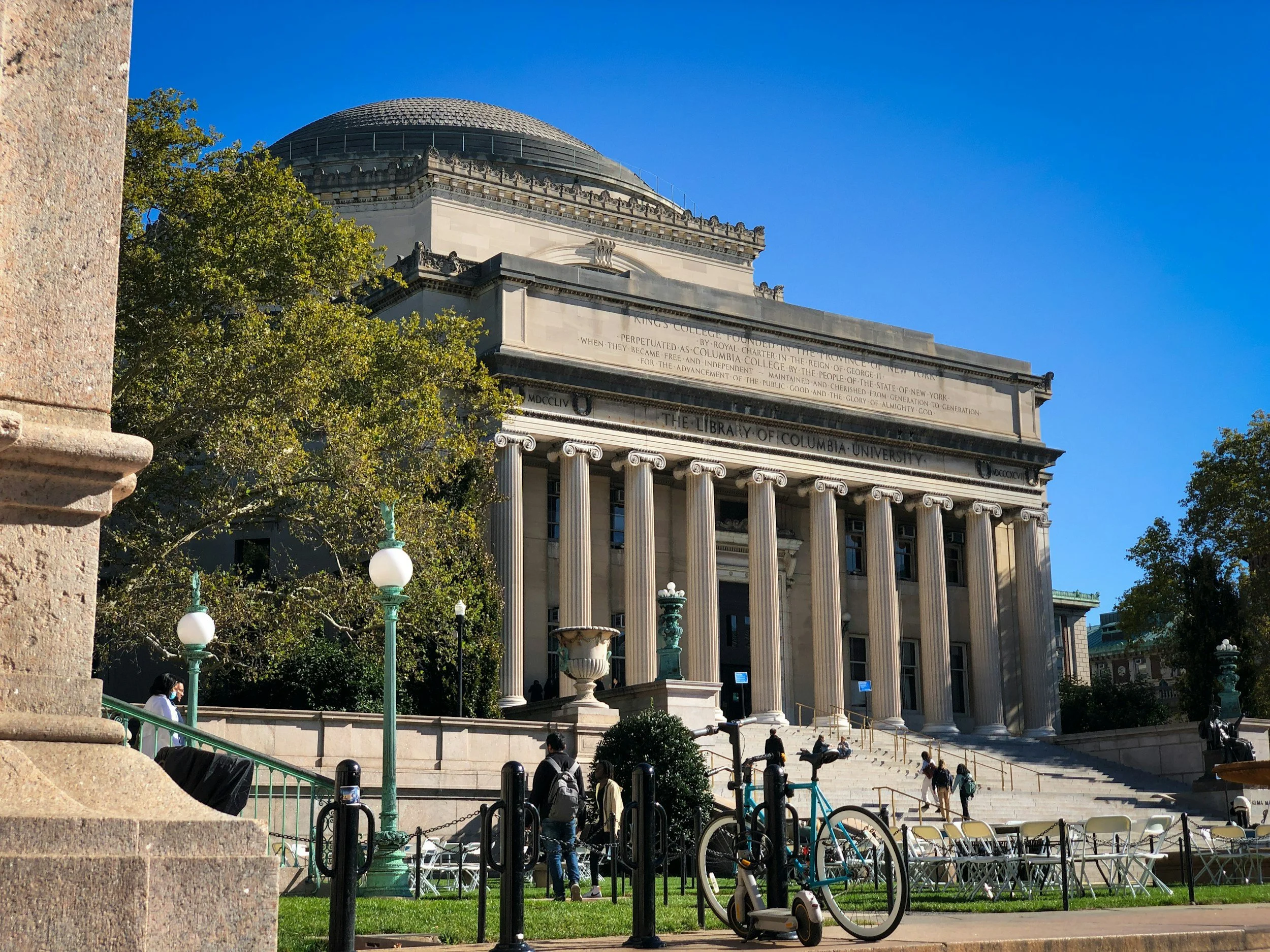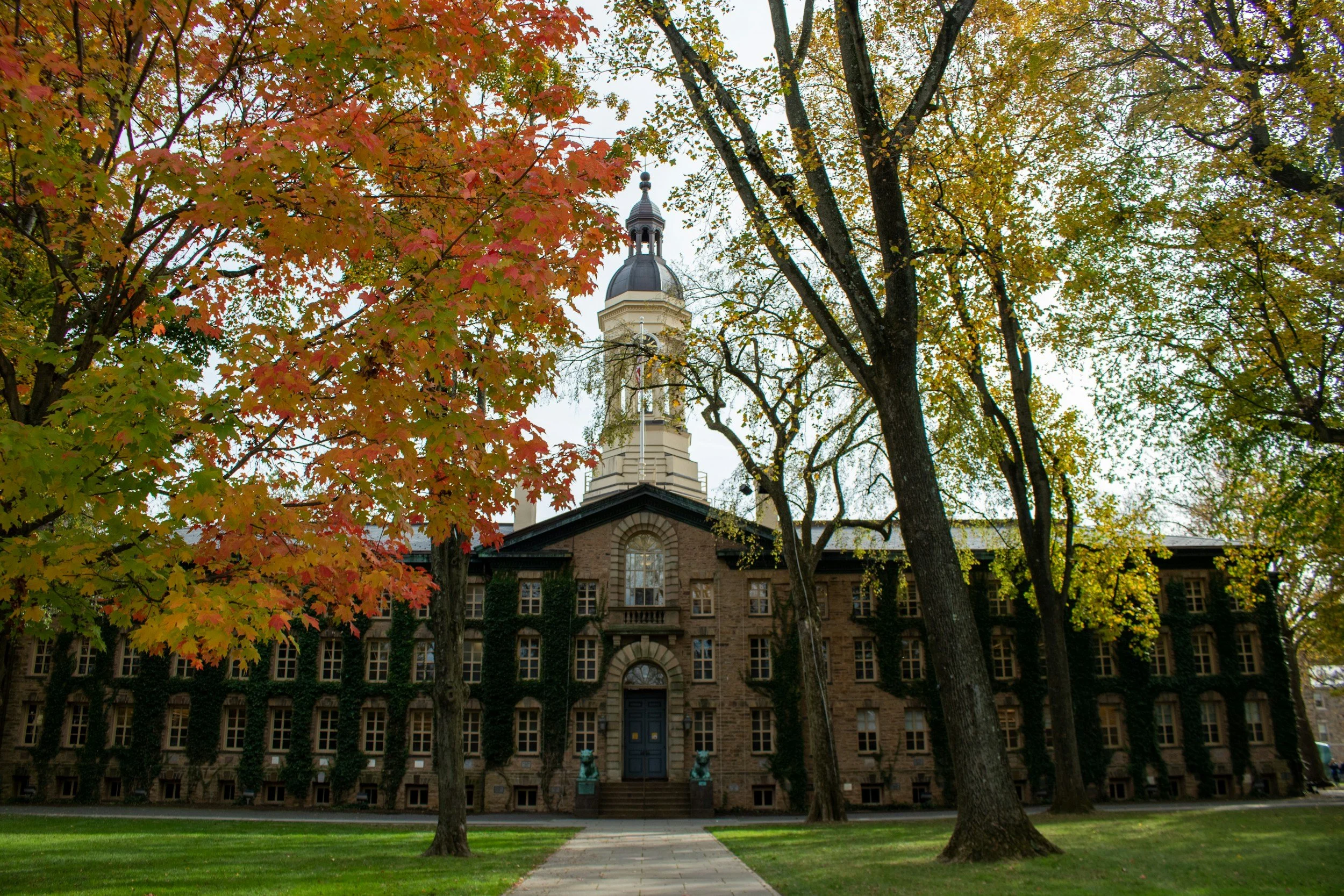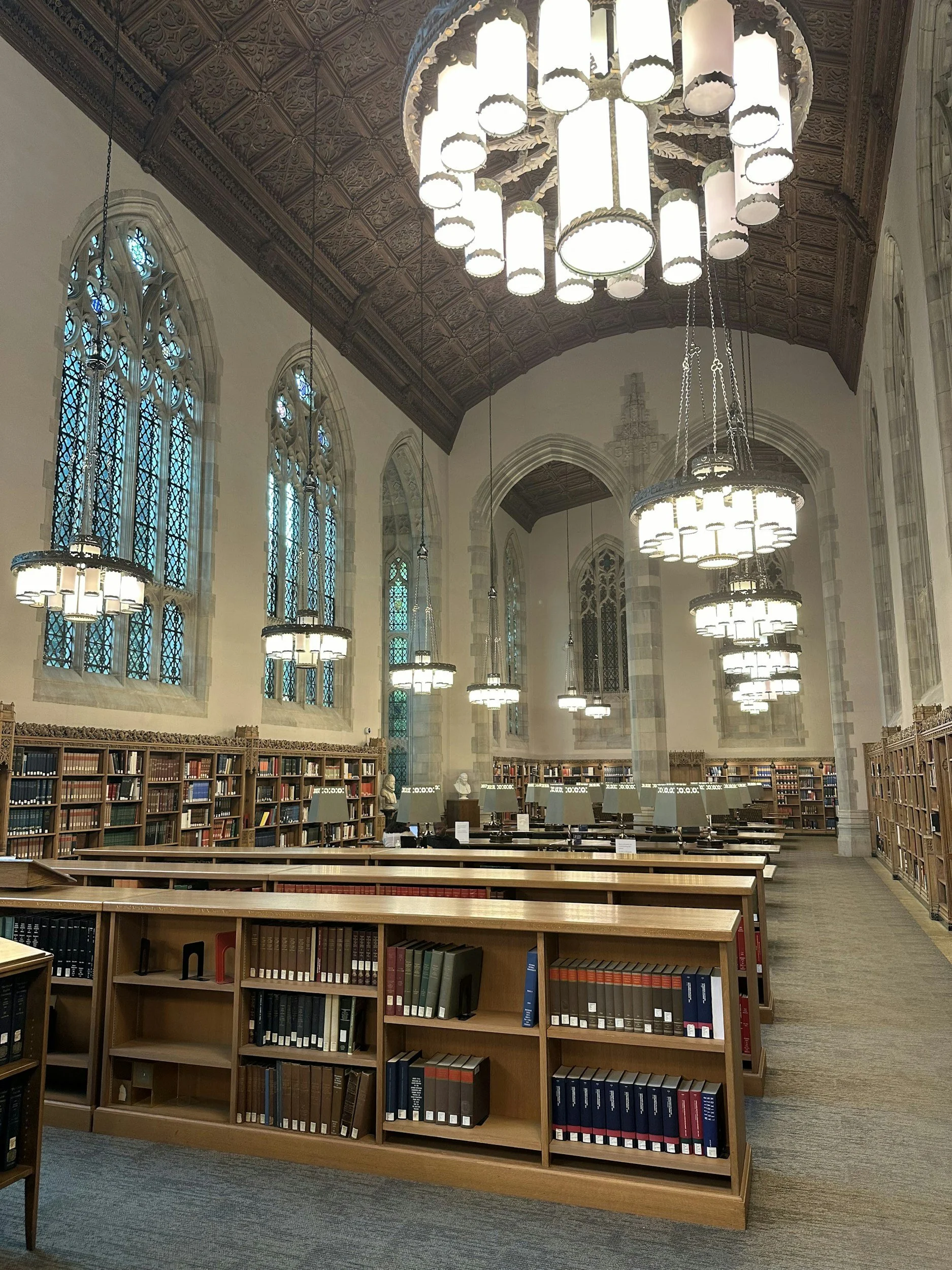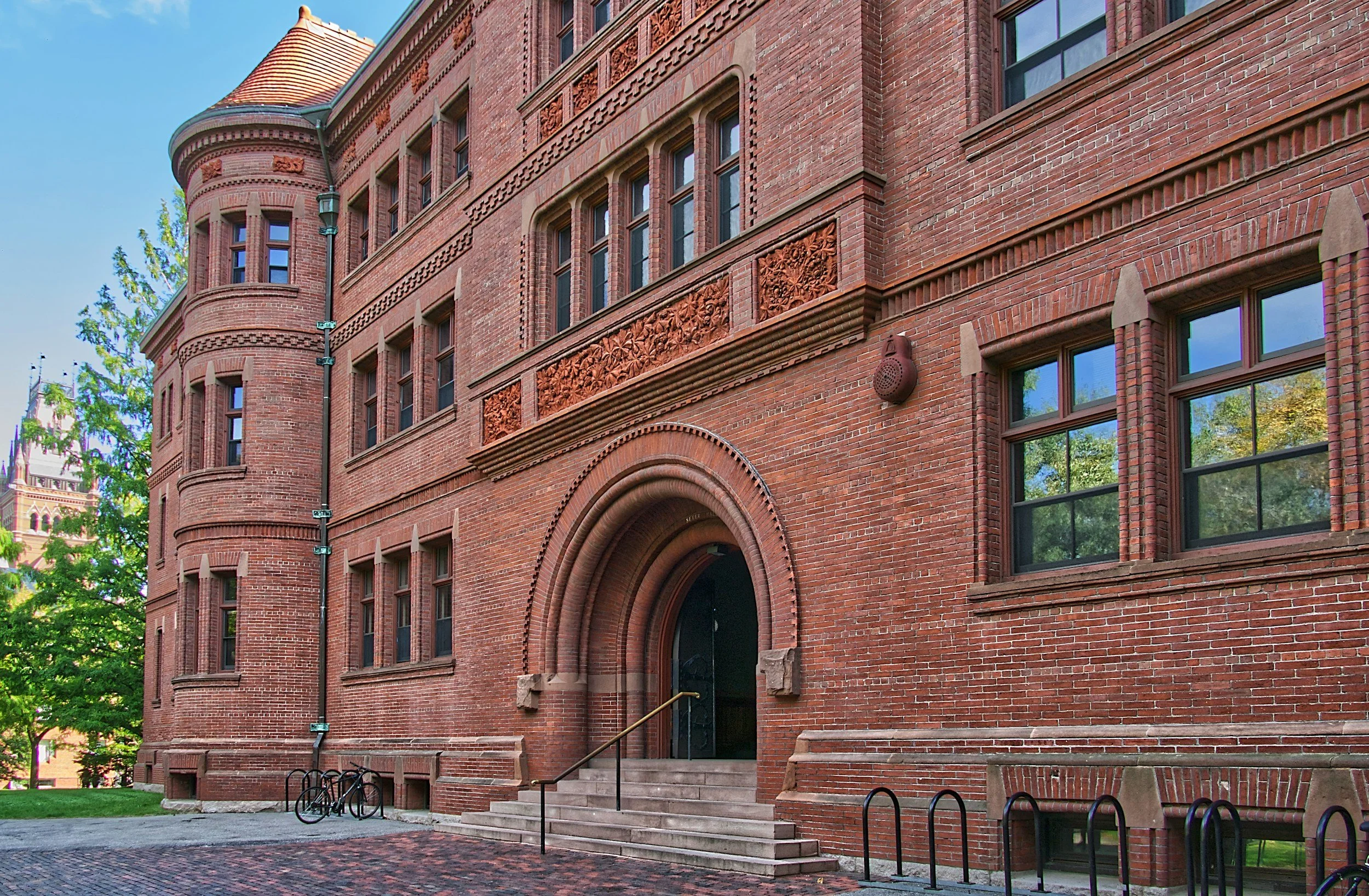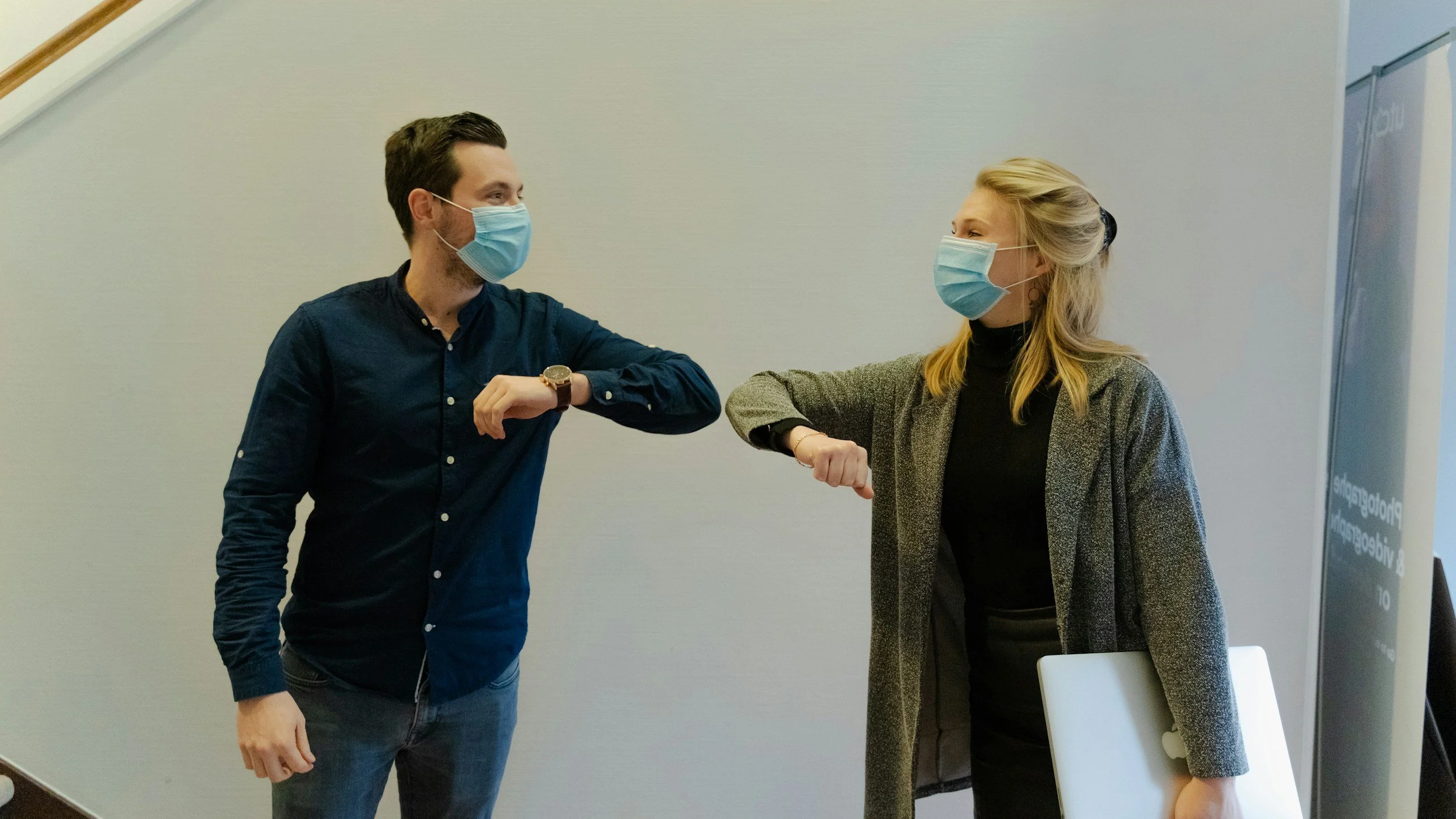Hiring an Admissions Consultant
Why Hiring an Admissions Consultant Is No Longer Optional
The college admissions landscape has fundamentally changed. What was once a relatively straightforward process of submitting grades and test scores has evolved into a complex, high-stakes competition where every detail matters. And here's the reality that few people are willing to say out loud: if you're aiming for a competitive university in 2025, you're likely competing against applicants who have professional guidance. The question is no longer whether to hire an admissions consultant, it's whether you can afford not to.
The Numbers Tell the Story
Let's start with the data. In 2009, researchers discovered that approximately one in four high-achieving high school seniors had worked with a private admissions consultant. That figure alone was shocking at the time, representing triple what experts had previously assumed. But that was sixteen years ago. Since then, the industry has exploded.
Today, the Independent Educational Consultants Association reports growth from roughly 1,500 full-time consultants in 2010 to a projected 8,500-10,000 by the end of 2024. The college consulting industry has ballooned into a nearly $3 billion market, up from just $400 million a decade ago. These aren't just statistics, they represent hundreds of thousands of students receiving professional guidance each admissions cycle.
At Harvard, approximately one in five freshmen report having used a private college consultant. At elite prep schools like Horace Mann in New York City, that number rises to one in three students, with many parents suspecting the true figure is even higher. And among the highest-income families? Nearly 30% of Harvard students from households earning over $500,000 annually had professional admissions help, compared to just 7% of those from families earning under $125,000.
The takeaway is clear: in the pools where you're competing for admission to top universities, a substantial portion of your competition has already invested in expert guidance.
Why Has This Become the New Normal?
Several converging forces have made admissions consulting not just common, but increasingly necessary:
The Complexity Crisis: College admissions is no longer about having good grades and test scores. It's about crafting a narrative, demonstrating intellectual vitality, showing impact through extracurriculars, writing compelling personal essays, securing strong recommendations, and navigating a labyrinth of different requirements across schools. The process has become so opaque that even highly educated parents struggle to understand what colleges are actually looking for.
The Stakes Have Never Been Higher: When MIT's acceptance rate hovers around 4% and Stanford's around 3%, even exceptional students face rejection from top-choice schools. With families prepared to invest $300,000+ in college education, the pressure to optimize every aspect of the application process has become intense.
Overburdened School Counselors: Public high school counselors often manage caseloads of 400-600+ students, and about 17% of high schools have no counselor at all. Even when present, school counselors typically spend only 20% of their time on college admissions advising. They simply don't have the bandwidth to provide the intensive, individualized attention that today's applications demand, and that your competitors are getting from private consultants.
The Arms Race Is Real: In competitive communities, families increasingly view hiring a consultant as necessary just to keep pace. When a significant portion of your child's classmates have professional guidance, not having it can feel like sending them into battle without proper equipment.
What Consultants Actually Provide (And Why It Matters)
The impact of professional admissions consulting shows up in concrete, measurable ways:
Essay Quality: A recent large-scale analysis of 240,000 college application essays found that essay quality correlated even more strongly with household income than SAT scores did. The lead researcher noted that it was impossible to imagine a scenario where some of those polished essays didn't involve professional help. Experienced consultants, many of them former admissions officers or skilled writers, spend hours coaching students through brainstorming, drafting, and editing to create essays that are both authentic and compelling.
Strategic Positioning: Professional consultants help craft an overall application strategy: optimizing your college list, deciding when to apply Early Decision or Early Action, determining which test scores to submit in test-optional scenarios, and ensuring your application presents a coherent narrative rather than a scattered list of activities. These strategic decisions can significantly impact your admission chances.
Resume Building: Increasingly, consultants begin working with students in 9th or 10th grade, guiding them toward meaningful research opportunities, leadership positions, and summer programs that will distinguish their profiles. Some arrange faculty mentorships or research projects that result in publications or conference presentations, the kind of accomplishments that make admissions officers take notice.
Avoiding Costly Mistakes: The college application process involves complex timelines, financial aid forms, recommendation protocols, and school-specific requirements. A consultant serves as a project manager, ensuring nothing falls through the cracks. When admission to your dream school might hinge on whether you missed a deadline or failed to address a supplemental essay prompt properly, this guidance becomes invaluable.
The Cost of Going It Alone
Here's the uncomfortable truth: if you're applying to highly selective universities without professional guidance, you're likely competing against applications that have been refined through dozens of hours of expert coaching. Your essays are being read alongside essays that have been through multiple rounds of professional editing. Your activities list is being compared to profiles that have been strategically curated over multiple years.
Does this mean you can't get into a great school without a consultant? Of course not. Talented students from all backgrounds earn admission to top universities every year. But the question isn't whether it's possible, it's whether you want to take that risk when acceptance rates at elite schools continue to plummet and the competition continues to intensify.
As one education researcher noted, college consultants "take disparities between rich and poor and explode them exponentially." This is a real problem from an equity standpoint. But from an individual family's perspective, the choice is stark: either invest in professional guidance, or accept that your student might be at a disadvantage compared to similarly qualified applicants who did.
A Different Kind of Consulting
At Cosmic College Consulting, we've built our practice around a fundamental insight: the most academically driven students, particularly those pursuing STEM fields, need consultants who actually understand their work.
When your student is conducting computational physics research or developing machine learning algorithms, they don't need a generic essay coach asking them to "tell a story." They need someone with technical expertise who can help them communicate complex ideas effectively, identify the intellectual threads that make their profile compelling, and position their academic interests in a way that resonates with admissions committees.
Our consultants include PhDs and theoretical physicists who can engage meaningfully with your student's research, help them articulate why their work matters, and mentor them in their academic development, not just polish their applications. We don't believe in manufacturing extracurriculars or packaging students into something they're not. Instead, we help technically-minded students become more effective communicators about work they genuinely care about.
The Bottom Line
The reality of 2025 is this: hiring an admissions consultant has shifted from being a luxury for the ultra-wealthy to a common practice among families targeting competitive universities. The data shows that you're likely competing against applicants who have professional guidance. The question becomes whether you're comfortable with that disadvantage.
If your student is aiming for selective universities, if they're academically talented but might struggle to communicate that effectively, if they're navigating the complexity of the modern admissions process without adequate support from their school, then professional guidance isn't a luxury. It's become the price of admission to a competitive playing field.
The choice, ultimately, is yours. But make it with eyes open to the landscape as it actually exists, not as we might wish it to be.
Contact Cosmic College Consulting to learn how our technical expertise can help your academically driven student stand out in today's competitive landscape.


